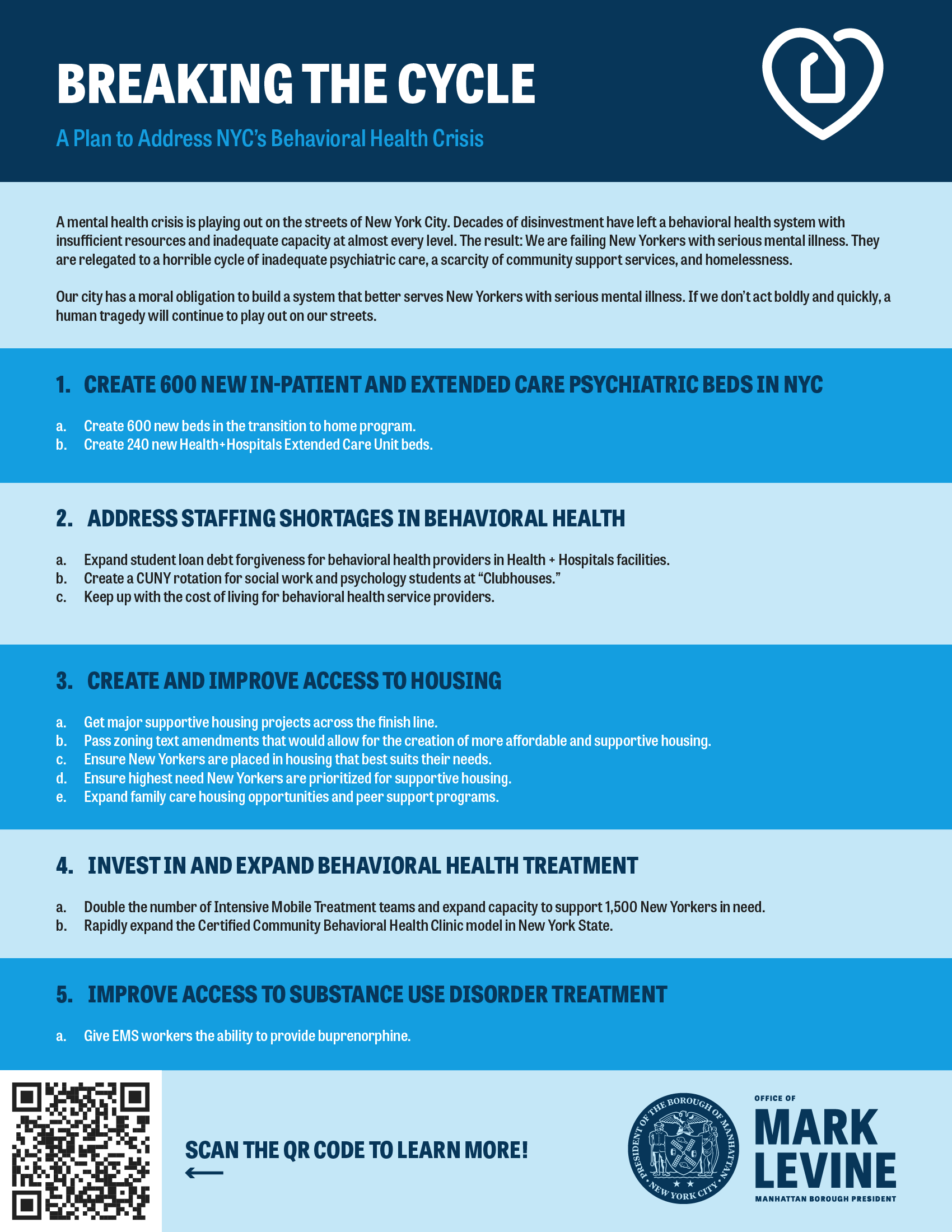New Yorker Humor Piece Highlights NYC's Evolving Mental Health and Marital Landscape

A recent humorous observation from The New Yorker has drawn attention to contemporary societal trends in New York City, particularly concerning mental health and marital dissolution. The publication's humor section featured a tweet showcasing "Post-its with the phone numbers for a C.B.T./ketamine therapist and for a 'better' divorce attorney, along with other items in and on the refrigerators of white men in New York City." This satirical snapshot reflects a cultural moment where advanced mental health treatments and legal services for divorce are becoming increasingly prominent in urban life.
The mention of a "C.B.T./ketamine therapist" points to the growing acceptance and availability of ketamine therapy for mental health conditions, especially in New York City. Numerous clinics in the city now offer ketamine infusions and intranasal esketamine (Spravato) for treatment-resistant depression, anxiety, and PTSD. These treatments, which can offer rapid relief, are often considered when traditional antidepressants and therapies have proven ineffective, according to providers like Columbia Doctors and Ember Health.
Concurrently, the search for a "better divorce attorney" underscores the ongoing reality of marital challenges in the metropolis. While New York State boasts one of the nation's lowest divorce rates, at approximately 2.2 divorces per 1,000 inhabitants in 2021, New York City experiences its own unique dynamics. The introduction of no-fault divorce in 2010, citing "irretrievable breakdown" as a primary reason, has streamlined the process, yet the emotional and legal complexities often necessitate specialized legal counsel.
The New Yorker has a long-standing tradition of using humor and satire to comment on cultural shifts and urban life. This particular tweet, by juxtaposing these specific services on a refrigerator, subtly highlights the pressures and coping mechanisms prevalent among a demographic in a high-stakes environment like New York City, reflecting broader societal discussions around well-being and personal relationships. The publication's ability to capture such nuanced observations through humor continues its legacy as a keen observer of contemporary culture.